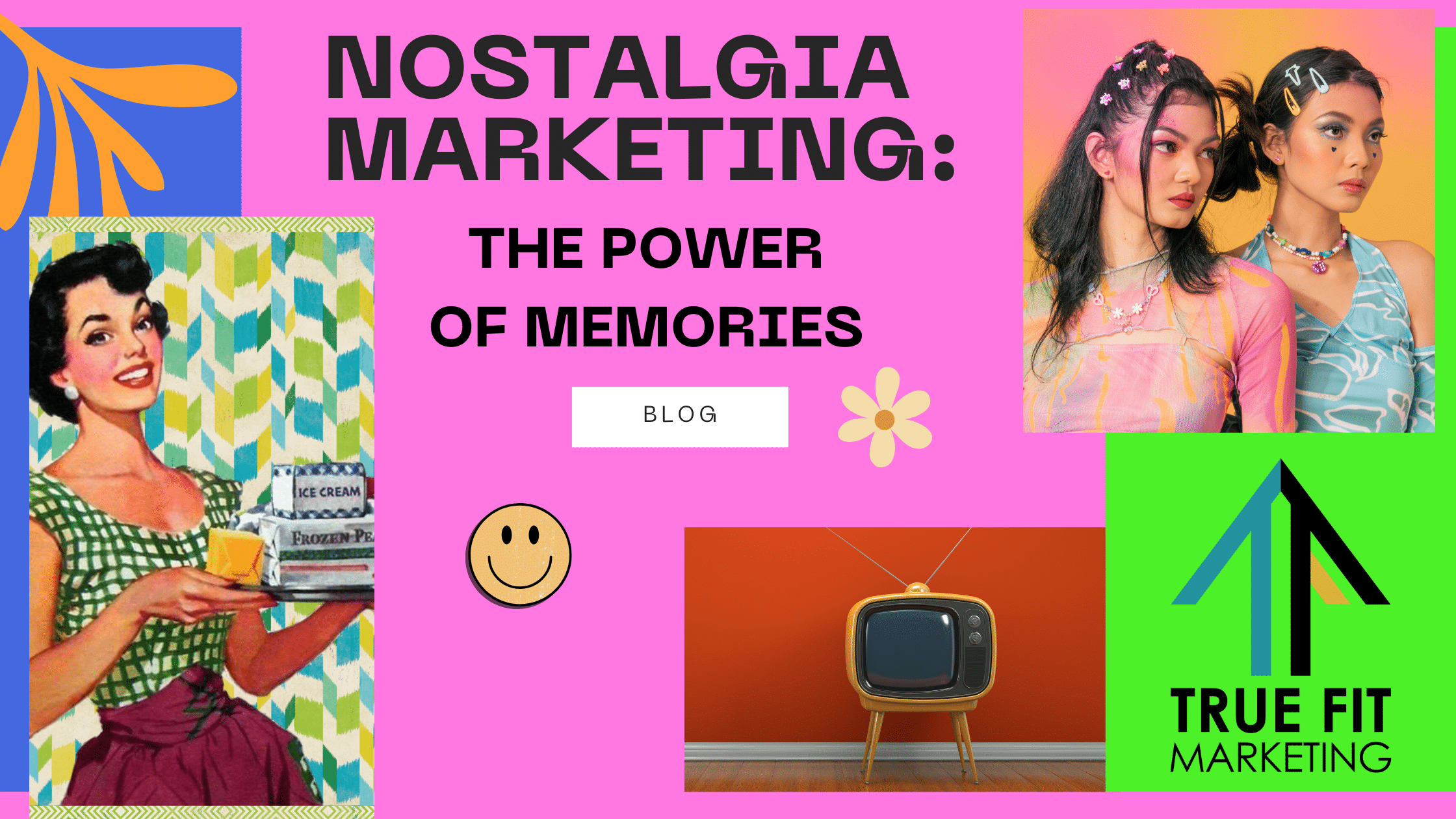
In a fast-paced world where trends come and go in the blink of an eye, nostalgia remains a steadfast beacon of comfort and familiarity. Nostalgia marketing, a powerful tool in the marketer’s arsenal, taps into this timeless emotion to evoke fond memories of the past while promoting present-day products or services. In recent years, it has gained traction as a potent strategy, especially with older audiences who are keen to revisit the cherished moments of their youth or even just from a decade ago.
What is Nostalgia Marketing?
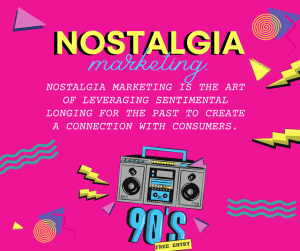
The Power of Nostalgia
Nostalgia is a uniquely powerful emotion that can transport individuals back in time, eliciting warm feelings of happiness, comfort, and security. Research in psychology suggests that indulging in nostalgic memories can alleviate feelings of loneliness, boost mood, and even enhance self-esteem. Moreover, nostalgia fosters a sense of continuity and belonging, making people more receptive to messages that resonate with their past experiences, thus letting them part with their money and spend it with whoever is advertising to them.
Effectiveness with Older Audiences
Older audiences, in particular, hold a treasure trove of nostalgic memories spanning several decades. For them, nostalgia marketing serves as a poignant reminder of their youth, triggering memories associated with significant cultural touchstones, music, fashion, and pop culture icons of their era. By tapping into these shared experiences, brands can forge a deep emotional connection with older consumers, fostering loyalty and trust.
Nostalgia marketing doesn’t necessarily need to span back 50 years. Even marketing from the past decade can prompt the same feelings as memories from years beyond. And even if someone wasn’t born during the initial promotion, they still may be familiar with the advertising and can still relate. Think of advertising with big name athletes and celebrities as those people still may be relevant in today’s world.
Strategies for Success
To effectively leverage nostalgia marketing with audiences, brands should adopt several key strategies:
- Research and Understand the Target Audience: Gain insights into the cultural references, trends, and experiences that resonate most strongly with the target demographic. Understanding their nostalgic triggers, like music, colors, fashion, etc., is crucial for crafting authentic and relatable marketing campaigns.
- Tap into Iconic Symbols and References: Identify timeless symbols, icons, and moments from the past that hold enduring appeal. Whether it’s retro packaging, historical symbols, or vintage aesthetics, incorporating these elements into marketing materials can evoke powerful feelings of nostalgia.
- Create Authentic and Meaningful Content: Authenticity is paramount in nostalgia marketing. Rather than simply capitalizing on nostalgia for its own sake, brands should strive to create genuine connections by aligning their messaging with the values and sentiments of the target audience.
- Strike a Balance Between Past and Present: While nostalgia marketing relies on evoking memories of the past, it’s essential to strike a balance by infusing modern elements into the narrative. By blending the familiar with the contemporary, brands can appeal to older audiences while remaining relevant in today’s market.
- Engage Through Multiple Channels: Embrace a multi-channel approach to reach consumers across various touchpoints. From social media platforms to traditional advertising channels, diversifying the marketing mix ensures broader exposure and maximizes engagement.
- Use What Previously Worked: If you are using nostalgic marketing, re-brand in a way that you know it worked before. As the saying goes, “If it ain’t broke, don’t fix it.”
The Bottom Line
We are sure you are now thinking about the marketing that meant something to you in years past. Nostalgia marketing holds immense potential for brands seeking to connect with audiences on a deeper emotional level. By tapping into cherished memories of the past, brands can evoke feelings of warmth, joy, and belonging, fostering long-lasting relationships with consumers. In the realm of marketing, the power of nostalgia continues to thrive, serving as a timeless beacon of connection in an ever-changing world.
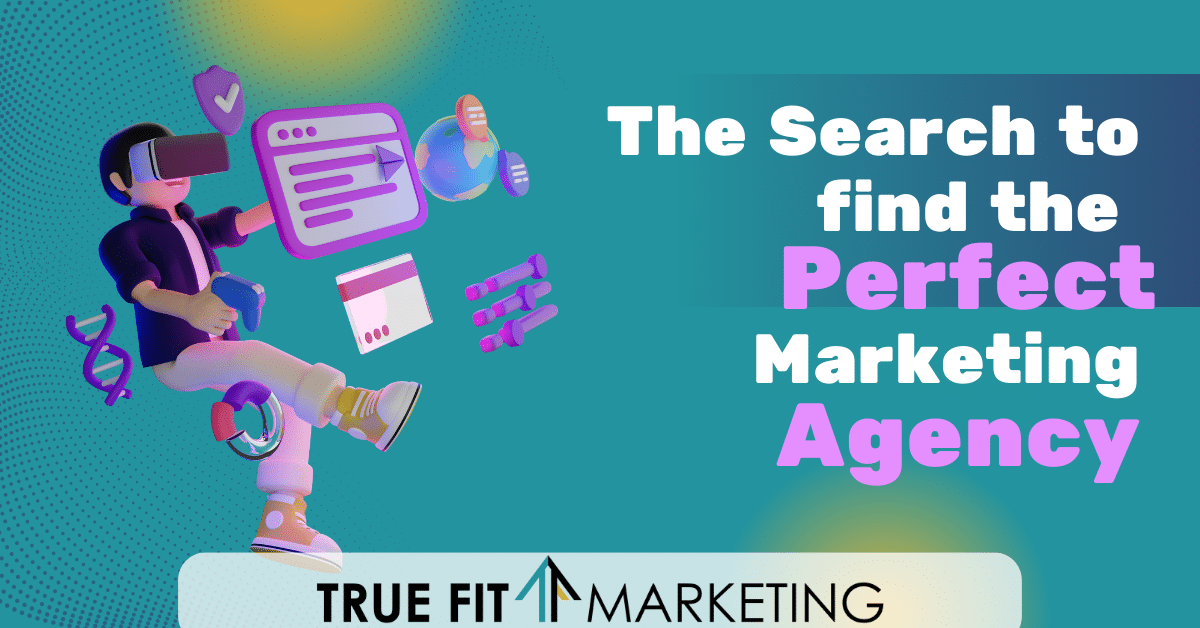
 How Working With An Agency Can Benefit Your Business
How Working With An Agency Can Benefit Your Business
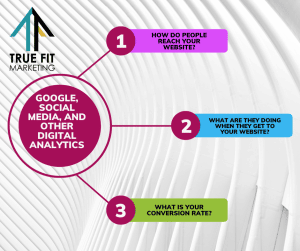 Since this is just a quick reference, there are three things we suggest taking into account when learning how to read your analytics. Understanding your audience is critical as you need to know what they want and how you are going to respond to that. So let’s just briefly hit on the following topics to give a brief overview of what they are and how they help your business.
Since this is just a quick reference, there are three things we suggest taking into account when learning how to read your analytics. Understanding your audience is critical as you need to know what they want and how you are going to respond to that. So let’s just briefly hit on the following topics to give a brief overview of what they are and how they help your business.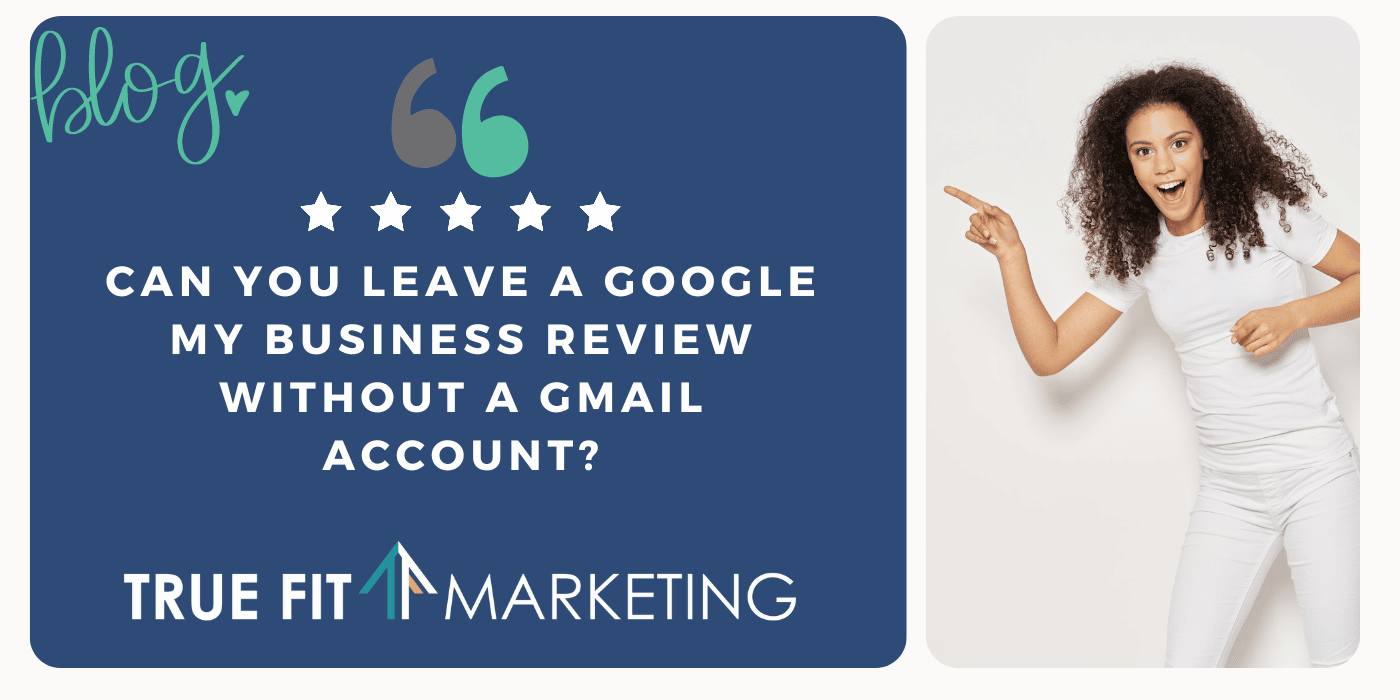





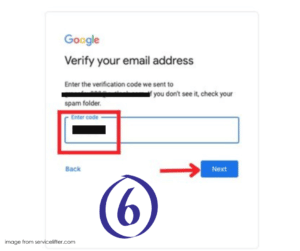
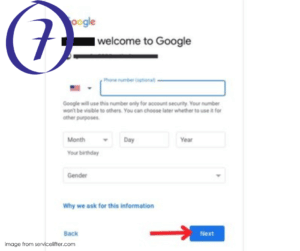
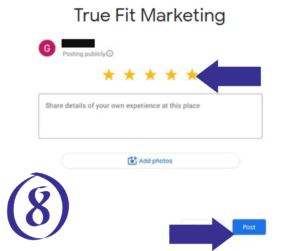

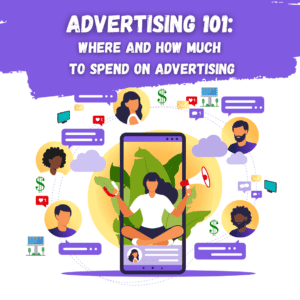 Track Your Return On Investment
Track Your Return On Investment